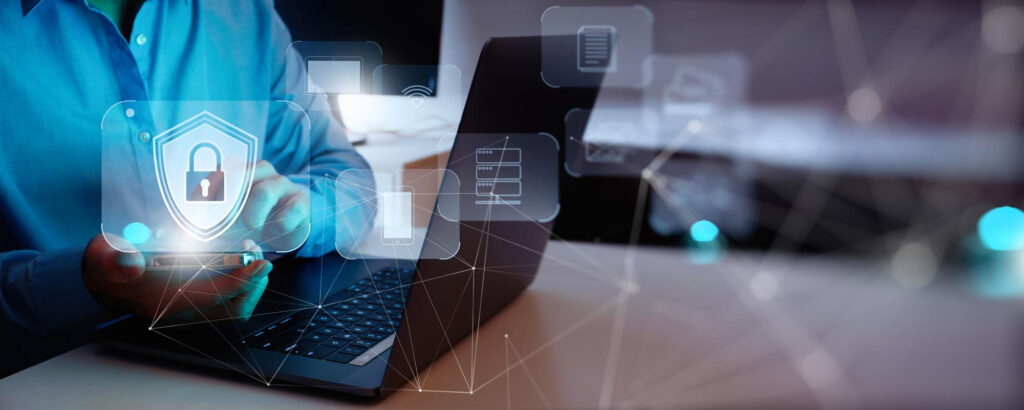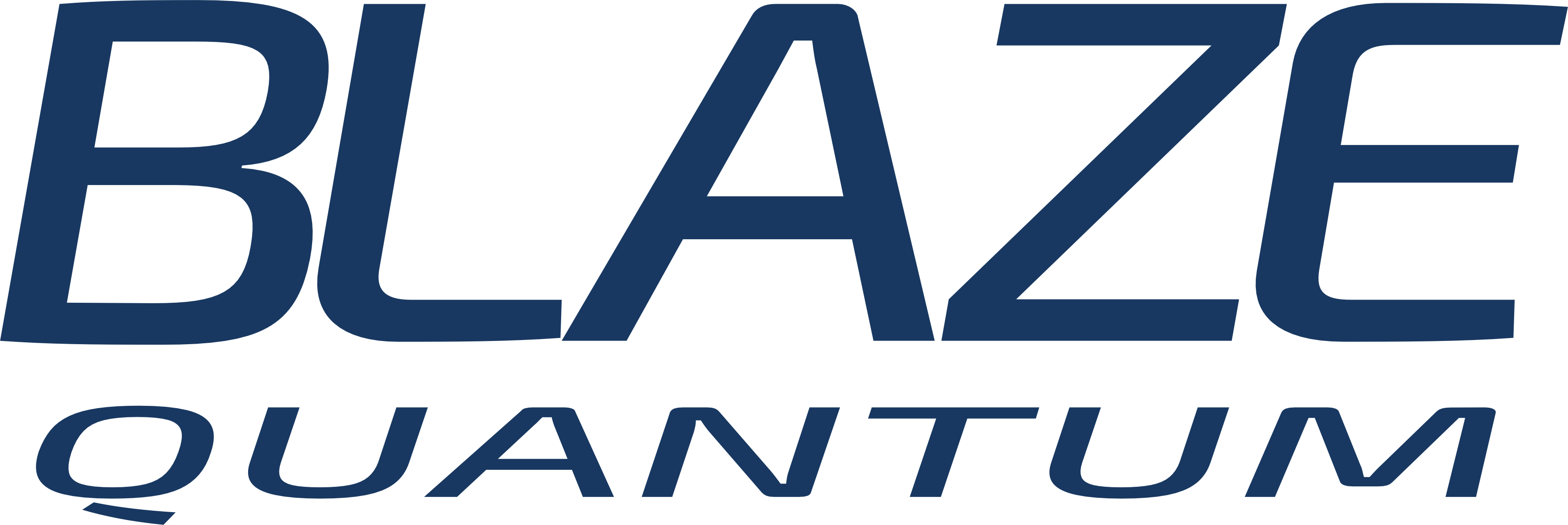Healthcare organizations are tasked with the complex but vital job of caring for their patient’s physical, emotional, and mental health. With the increasing emphasis on technology, healthcare organizations are now using digital solutions to deliver their services. With increasingly more medical records, patient images, and health research stored in digital systems, it’s essential that healthcare organizations implement secure solutions to keep patient data safe and secure.
Across the world data breaches in the healthcare industry has climbed over the past five years, rising a massive 42% in 2020 when the pandemic hit. Of the total ransomware attacks reported in 2020, 60% specifically targeted the healthcare sector, and with more digitalization of healthcare in 2023, this number is only expected to increase.
The rise of digital healthcare solutions requires healthcare organizations to share patient data between multiple parties. This means there are potential risks, as data may be exposed to malicious actors during transmission. As a result, healthcare organizations must ensure they are utilizing the best security measures for their data sharing.
The Problem In Health Industry


The Healthcare industry faces a number of challenges in protecting patient data:
Firstly, the industry is dealing with a rapidly evolving landscape, and this is placing a high burden on healthcare organizations in terms of security requirements.
Another issue is that there is a lack of uniform and consistent compliance standards, making it difficult to determine which security measures and protocols should be used.
Budget constraints can also be an obstacle with healthcare organizations lacking the resources to fully implement or maintain effective data security measures.
As a result, healthcare organizations struggle to keep up with the rapidly changing environment and protect patient data against unauthorized access.
Given the importance of patient data, healthcare organizations must now be diligent in the implementation of proper data security standards. Security measures should span from data storage to data transmission, as well as encryption and authentication protocols.
However, for many organizations, implementing these features can cause a significant amount of time and headache, not to mention the significant cost involved.
What Data Security Measures Should Healthcare Organizations Consider ?
Data security should be a priority for healthcare organizations, but it’s not always easy to know where to start. A well-rounded data security plan should include the following measures in order to ensure the privacy and security of patient data:

1. Strong Encryption
Encryption of patient data is often the most important part of data security for healthcare organizations. Without strong encryption, sensitive patient data can be exposed or manipulated, potentially leading to devastating consequences. Encryption algorithms should be updated regularly, and data should be encrypted both in transit and at rest.
2. Strong Authentication
Authentication systems should be designed to ensure the correct personnel are accessing patient data. Additionally, authentication systems should support Single Sign-On (SSO) in order to reduce the risk of insider threats.
3. Data Auditing
Data auditing systems can be used to track who is accessing patient data and for what purpose. Auditing systems should be monitored regularly in order to detect any suspicious or malicious activity that could lead to a data breach.
4. Data Governance
Data governance should be a priority for healthcare organizations. Data governance policies should be defined and enforced in order to ensure that patient data is accessed and used in an appropriate manner.
How BlazeHQ Can Help ?
Blaze Transfer is a state-of-the-art secure file transfer platform that allows healthcare organizations to securely transfer patient data to other healthcare providers. The platform uses advanced encryption technology to protect patient data while in transit. In addition, the platform uses multiple levels of authentication to ensure that only authorized personnel can access the data. The data transmissions are also logged for auditing purposes, adding another layer of data protection.
The platform is quantum-safe and utilizes advanced 256-bits AES encryption, and 256-bit Elliptic Curve secured key exchange. Furthermore, when files are transmitted to remote servers, they are stored in an encrypted format. This ensures that patient data in storage is also secure, adding yet another layer of data protection. Finally, the platform is optimized for speed, ensuring that files can be transmitted quickly and efficiently.
Conclusion
Data security is of utmost importance in the healthcare industry. Healthcare organizations need to have a comprehensive data security plan in place in order to ensure the privacy of patient data and protect public health. Secure solutions such as Blaze Transfer offer comprehensive security and enable healthcare organizations to securely and efficiently share data with both internal and external collaborators. With Blaze, healthcare organizations can ensure the security of their data while also reducing the risk of a data breach.







